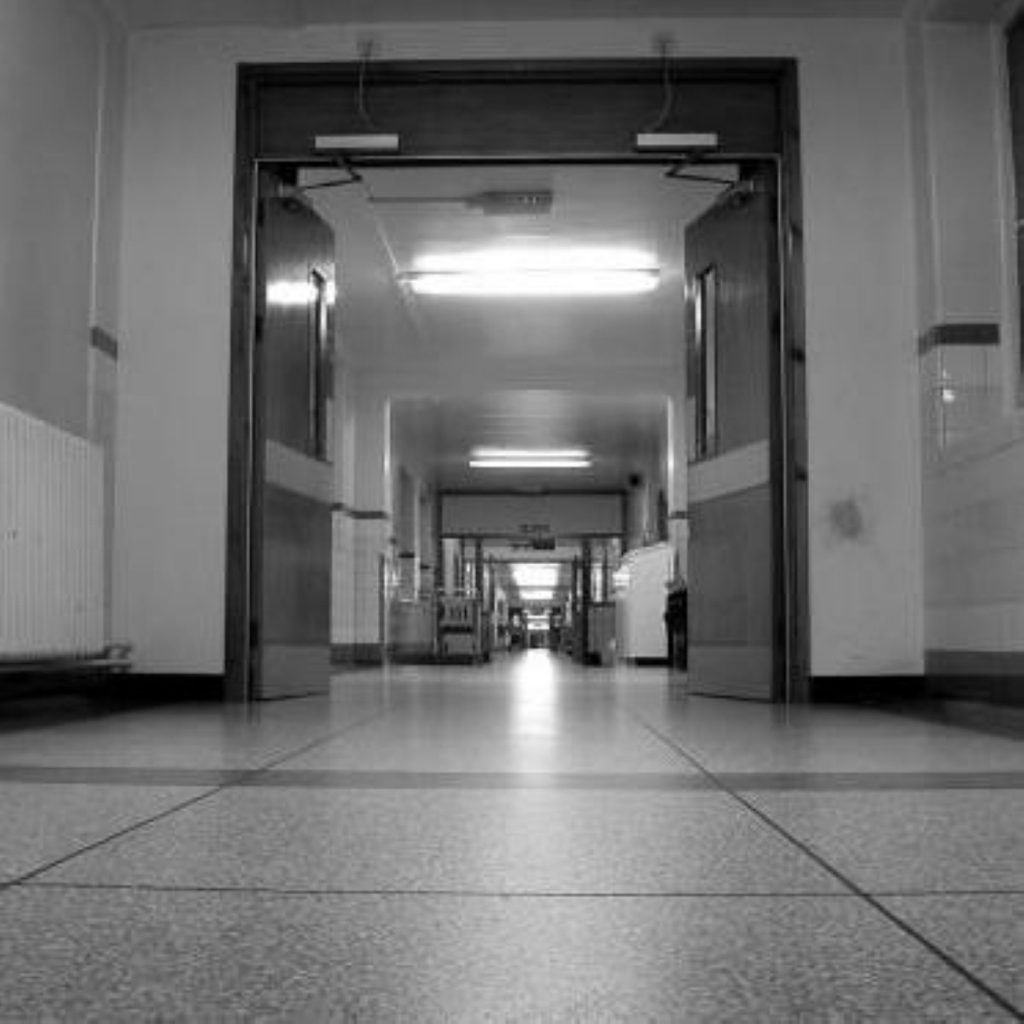NHS deficits ‘must be written off’
The government should write off NHS trust deficits to ensure health service reforms succeed in 2007 – a “make or break” year, a new report has said.
Research by right-wing think tank Reform argues that despite increased investment, the failure to push ahead with modernisation and tackle rising costs means the long-term strength of the NHS is weaker than two years ago.
It warns that the coming 12 months must see an acceleration of reforms such as practice-based commissioning, payment by results and patient choice, if the billions of pounds put into the NHS in the past ten years are not to be wasted.
The report comes as Tony Blair admitted in his last new year’s message as prime minister that the NHS “still has big changes to make that are difficult and controversial”.


However, responding to the Reform report, the Department of Health (DoH) insisted the NHS was “going from strength to strength”. A spokesman also rejected the idea of wiping out deficits as unfair on those trusts which were breaking even.
NHS trusts recorded a total deficit of £500 million last year, but health secretary Patricia Hewitt has pledged that the service as a whole will be in balance by the end of this year.
However, Nick Bosanquet, professor of health policy at Imperial College London, argues in today’s report that there is insufficient attention paid to the effect of long-term construction projects and staffing costs on these NHS deficits.
Despite promises to cut spending, the NHS is committed to several expensive projects such as the IT upgrade, he warns. In addition, too much emphasis is placed on planned efficiency savings, which he dismisses as “vague and hypothetical”.
The government’s “reform vision” is broadly right, the report argues, but it warns that most of these are “bolt on” changes to what still remains a centralised monopoly service. It says the pace of reform must accelerate and be more locally led.
Overall, it warns that by 2010-11, the NHS’ annual costs will rise by £16.5 billion. But the annual increase in revenue will amount only to £8.3 billion – leaving a resource gap of £8 billion.
Professor Bosanquet says wiping existing NHS deficits and introducing a new financial regime would give the service a “new start” and ensure reforms can have an effect.
“The Department of Health has been so busy fire-fighting that it has not developed a process for getting real value. The beginning is the abolition of deficits to allow a fresh start; then investment in new services and competition can follow,” he said.
Karol Sikora, visiting professor of cancer medicine at Imperial College medical school and a member of Reform’s advisory council, added: “2007 is critical for the NHS. If the reform strategy is not escalated, billions of pounds will have been wasted.
“We need to change the whole mindset into a consumer focused, competitive and pluralist organisation driving innovation and efficiency.”
However, a DoH spokesman insisted that NHS reforms were already having an effect in providing more patient choice, bringing down waiting times, cutting deaths from cancer and heart disease and ensuring resources are better used.
He repeated Ms Hewitt’s confidence that the NHS would be in overall balance by the end of the financial year, adding there was no question of wiping deficits out. “It would be unfair for overspending organisations to be bailed out by those that underspend.”









